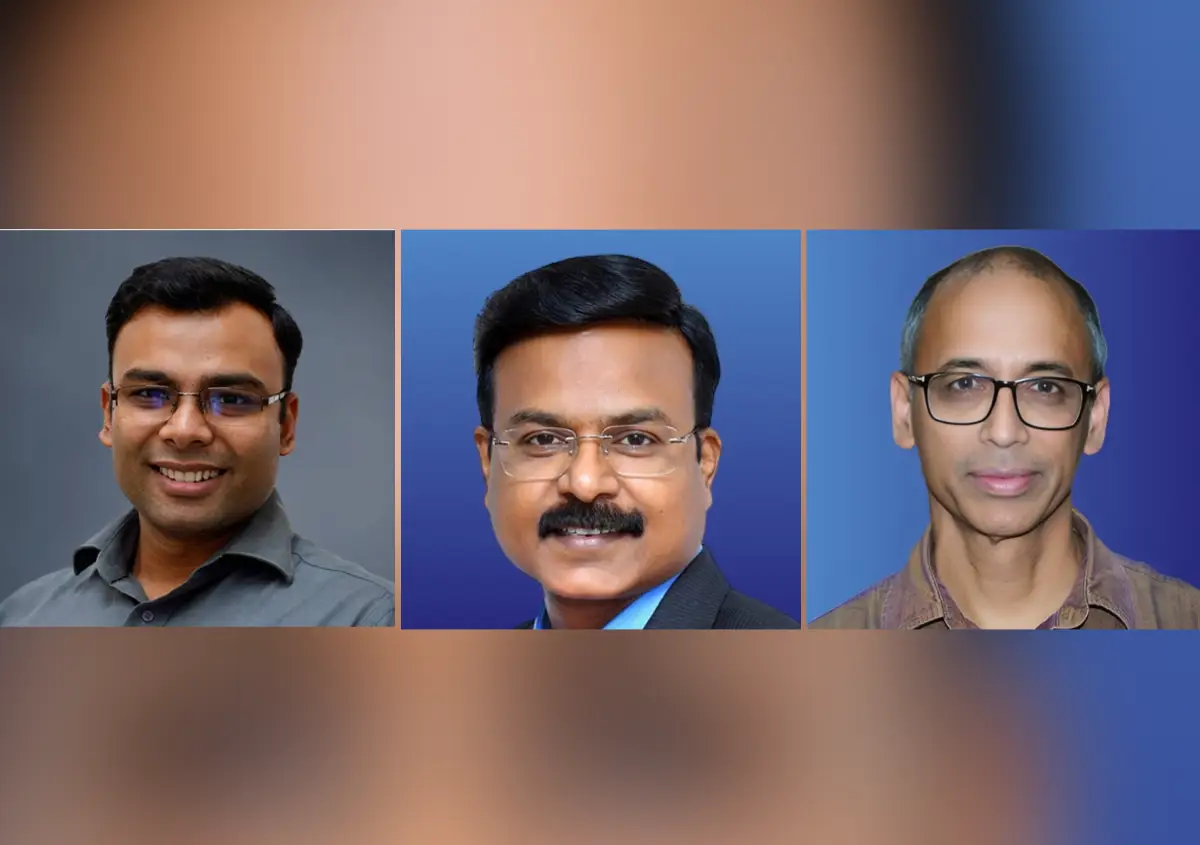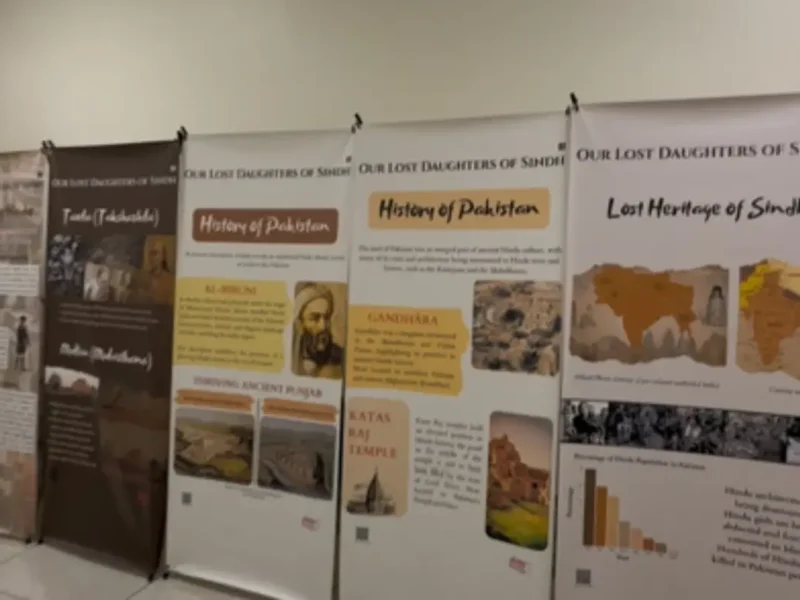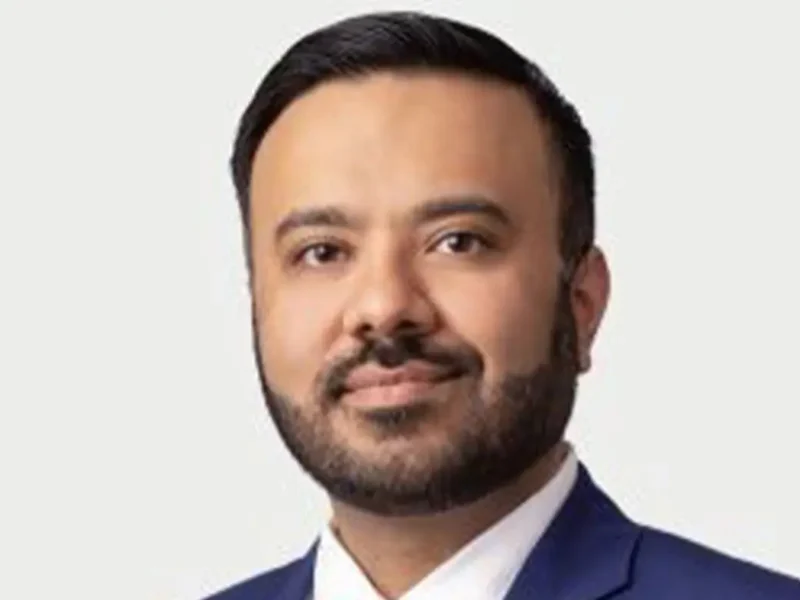
Three Indian Scientists Win Tata Transformation Prize
Photo (Left to Right): Amartya Mukhopadhyay,, C. Anandharamakrishnan, Raghavan Varadarajan,
India-West Staff Reporter
NEW YORK, NY- Tata Sons, in partnership with The New York Academy of Sciences, has announced the winners of the 2024 Tata Transformation Prize, recognizing three Indian scientists for their innovative work in addressing pressing national challenges.
The Tata Transformation Prize honors scientists whose research has the potential to make a significant impact on India’s Food Security, Sustainability, and Healthcare sectors. This year’s winners were selected from 169 nominees across 18 states by an international jury of experts from diverse fields. Each winner will receive $240,000 and will be celebrated at a ceremony in Mumbai in December.
The recipients of the 2024 Tata Transformation Prize are:
C. Anandharamakrishnan, PhD (Food Security) – CSIR – National Institute for Interdisciplinary Science and Technology
Dr. Anandharamakrishnan has developed a fortified rice that addresses both malnutrition and diabetes. The rice, which has a low glycemic index, is engineered using an advanced spray drying technique to deliver essential nutrients. His research aims to combat the dual challenge of nutrient deficiencies and chronic diseases, impacting millions in India and worldwide.
Amartya Mukhopadhyay, PhD (Sustainability) – Indian Institute of Technology Bombay
Dr. Mukhopadhyay is advancing sodium-ion (Na-ion) batteries as an affordable and eco-friendly alternative to lithium-ion batteries. His work focuses on developing battery materials that are cheaper, safer, and more environmentally sustainable, with the potential to address energy storage challenges in India and beyond.
Raghavan Varadarajan, PhD (Healthcare) – Indian Institute of Science, Bangalore
Dr. Varadarajan is developing a cost-effective vaccine for Respiratory Syncytial Virus (RSV), which causes severe respiratory illness, particularly in children and the elderly. His approach aims to provide broader, longer-lasting protection against RSV while significantly reducing manufacturing costs, making the vaccine more accessible to vulnerable populations.
The Tata Transformation Prize, established in 2022, aims to support the scaling up of high-risk, high-reward scientific research in India. The goal is to drive impactful innovation that can address critical societal challenges and improve the quality of life for communities in India and beyond.
The winners were selected by a distinguished jury of scientists, clinicians, and experts from institutions such as Apple, IBM Research, the Bill and Melinda Gates Foundation, and the Indian Institute of Management Bangalore.
N. Chandrasekaran, Chairman of Tata Sons, emphasized the importance of supporting innovative solutions that can help improve India’s societal challenges. “By recognizing these pioneering scientists, we aim to promote Indian technologies globally and contribute to India’s growing position as a leader in innovation,” he said.
The Tata Transformation Prize not only provides financial support but also aims to increase the international visibility of these technologies, helping them scale to address global challenges.



